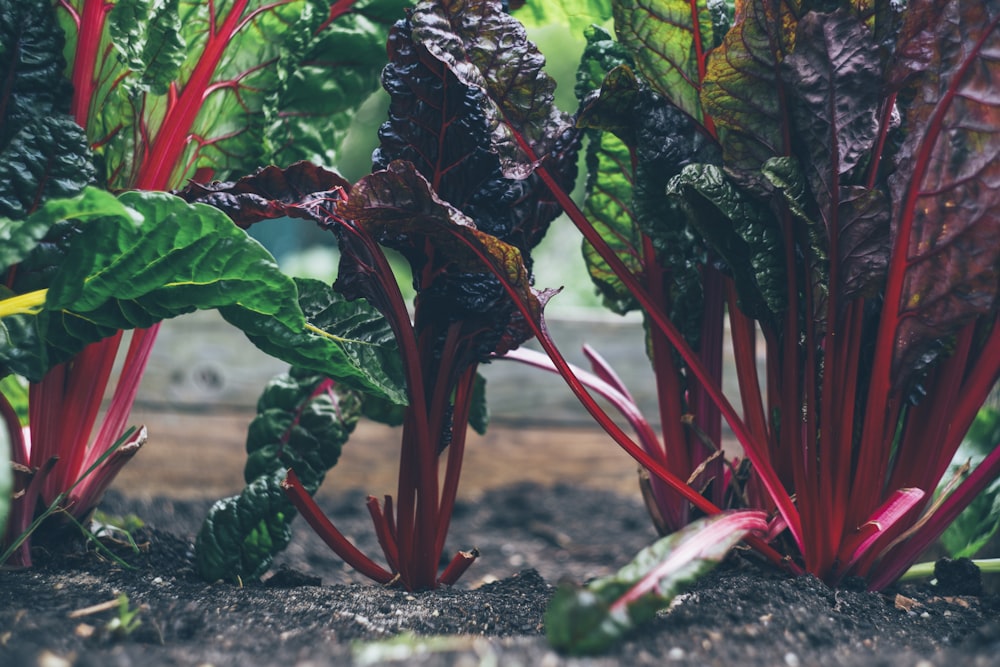A Deep Dive into the Heart and Humor of Home Improvement’s Beloved Character
Tim Allen played Tim “The Tool Man” Taylor, the charismatic and somewhat clumsy host of the home improvement television show “Tool Time.” Tim’s character is known for his love of power tools and his tendency to cause accidents. Allen’s portrayal brought a mix of humor and heart to the series, making Tim Taylor a memorable and beloved character. Tim’s frequent mishaps and his catchphrase “More power!” became iconic elements of the show.
Patricia Richardson as Jill Taylor
Patricia Richardson starred as Jill Taylor, Tim’s patient and intelligent wife. Jill’s character provided a balance to Tim’s often reckless enthusiasm. As a mother of three boys and a devoted wife, Jill dealt with the daily challenges of family life with humor and grace. Richardson’s performance added depth to the character, showcasing Jill’s strength and compassion. Her interactions with Tim highlighted the dynamics of a real-life marriage, filled with love, disagreements, and growth.
Jonathan Taylor Thomas as Randy Taylor
Jonathan Taylor Thomas portrayed Randy Taylor, the middle child of the Taylor family. Randy was known for his wit, intelligence, and sometimes mischievous nature. Thomas’s portrayal of Randy made him a fan favorite, especially among the younger audience. Randy’s character often found himself in humorous situations, balancing his cleverness with the typical teenage challenges. Thomas’s departure from the show in the later seasons marked a significant change, but his impact on the series remained.
Zachery Ty Bryan as Brad Taylor
Zachery Ty Bryan played Brad Taylor, the eldest of the Taylor children. Brad was the athletic, popular, and sometimes academically challenged son. Bryan’s portrayal of Brad brought out the character’s charm and occasional arrogance. Brad’s journey through high school and his passion for sports were central to many storylines. His relationships with his brothers and his on-again, off-again girlfriend, Angela, added layers to his character, making him relatable to many viewers.
Taran Noah Smith as Mark Taylor
Taran Noah Smith took on the role of Mark Taylor, the youngest member of the Taylor family. Mark started as the innocent and somewhat shy child but evolved into a more complex character as the series progressed. Smith’s performance allowed Mark to transition from the “cute kid” to a teenager dealing with his own identity and interests. Mark’s unique perspective and his evolving relationships with his family members provided depth to the show’s narrative.
Richard Karn as Al Borland
Richard Karn portrayed Al Borland, Tim’s loyal and often exasperated co-host on “Tool Time.” Al’s character was the perfect foil to Tim’s antics, providing a steady and knowledgeable presence. Karn’s portrayal of Al made him an endearing character, known for his signature flannel shirts and his catchphrase, “I don’t think so, Tim.” Al’s unrequited love for his mother and his on-screen chemistry with Tim were central to many comedic moments on the show.
Earl Hindman as Wilson Wilson Jr.
Earl Hindman played Wilson Wilson Jr., the Taylor family’s wise and mysterious neighbor. Wilson was known for his sage advice, often dispensed from behind the privacy of his fence, with only his eyes visible to the audience. Hindman’s portrayal added an element of intrigue and humor, making Wilson a beloved character. Wilson’s unique way of sharing wisdom and his eclectic interests made him a cornerstone of the series, often helping the Taylor family through their various dilemmas.
Debbe Dunning as Heidi Keppert
Debbe Dunning took on the role of Heidi Keppert, the “Tool Time” girl who replaced Lisa. Heidi’s character brought a new dynamic to the show, with her charm and enthusiasm. Dunning’s portrayal of Heidi provided a fresh energy, making her a memorable part of the “Tool Time” crew. Heidi’s interactions with Tim and Al, along with her own subplots, added to the richness of the show’s world…



















































